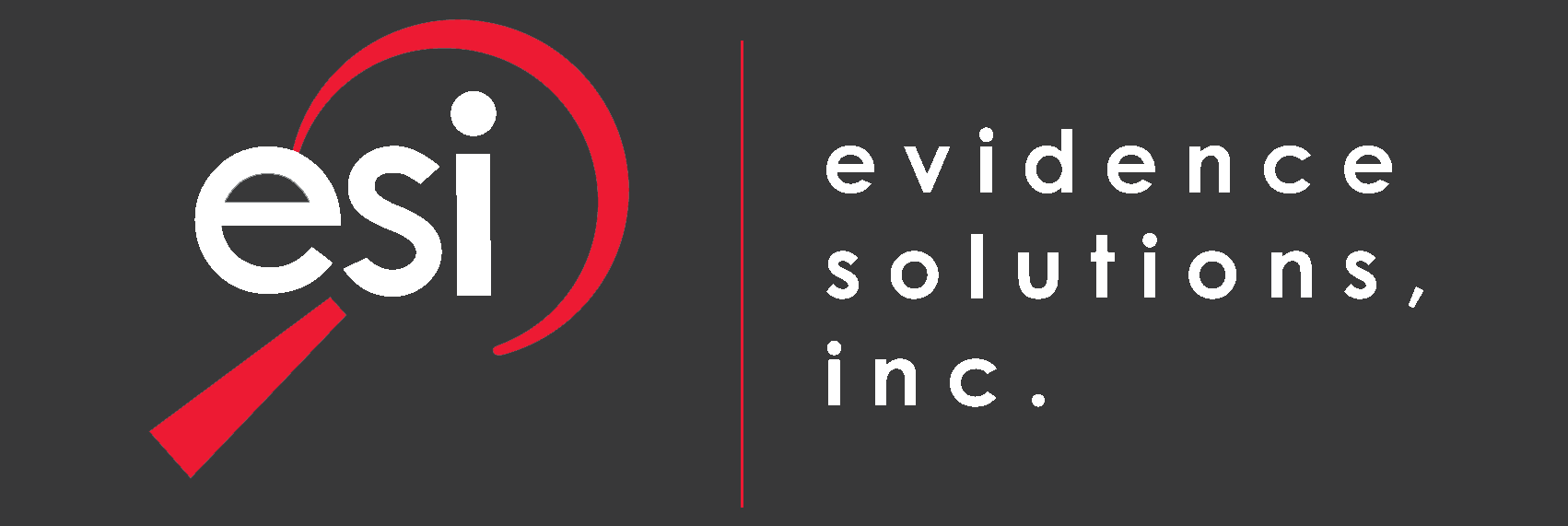The official process by which an expert witness is qualified for the court varies between jurisdictions but the most important aspects of choosing one and establishing their credibility can be somewhat generalized.

The right Expert Witness must possess impressive credentials that demonstrate a deep and nuanced understanding of their field. The requisite qualifications can vary significantly depending on the specific area of expertise: Experts may draw conclusions from diligent scientific testing, life experience, education and training, or other field involvement. When an expert is basing their view on discoverable facts, such as triangulating a location based on cell phone records, they must use reliable methods and known techniques that can be defended against the highest scrutiny. When their opinion draws from professional or life experience, they must be able to explain the key principles that a person without experience in the field would need to grasp in order to understand the case. They must be able to explain the logical progression of thought and considerations that lead them to their conclusion.
In addition to the necessary professional experience, a high-quality Expert Witness must also be able to present themselves well, have excellent communication skills, and a calm and persuasive demeanor that projects authenticity and authority. An Expert Witness may not always be called on to testify in court, sometimes a written report leads to settlement or the case does not proceed past the deposition stage, but a shrewd attorney must still be sure that the chosen Expert Witness will perform well on the stand. An Expert Witness must be confident and unflappable as the opposing counsel will undoubtedly try and cast doubt on their conclusions. They must come across as highly knowledgeable and be able to explain their experience and conclusions in a clear and concise manner. A good Expert Witness will also avoid overly technical or specific industry jargon which can often confuse jurors.
Expert Witnesses come from a broad range of backgrounds, so there is no one size fits all checklist to ensure they have the requisite knowledge to qualify in a case. Not every Expert Witness would necessarily require a college degree, whereas others may have attended extensive formal schooling and possess multiple degrees. There is a seemingly endless variety to the types of cases that may cross an attorney's desk, and the same can be said for the wide array of expert witnesses that may be called on to assist. With that being established, there are still some general guidelines to qualifying questions an effective attorney would want to ask.
The procedure by which an Expert Witness is qualified on the stand is termed Voir Dire. This involves both the direct examination by the hiring counsel as well as cross-examination by the opposing counsel. Since the goal is to establish their qualifications and credibility it is generally logical to start with questions related to their background. These may include questions about current occupation, previous professions, formal education, training and workshops, any certifications or licenses, professional organizations, published articles, and previous expert witness experience on similar cases.
According to Rule 702 of the Federal Rules of Evidence, a witness who is qualified as an expert by knowledge, skill, experience, training, or education may testify in the form of an opinion or otherwise if:
• the expert’s scientific, technical, or other specialized knowledge will help the trier of fact to understand the evidence or to determine a fact in issue
• the testimony is based on sufficient facts or data
• the testimony is the product of reliable principles and methods
• the expert has reliably applied the principles and methods to the facts of the case
After establishing the expert's specialized knowledge, an attorney can continue on by asking questions related to whatever aspects of the case the Expert Witness has been brought in to opine on. At this point, it is crucial to establish the process by which the Expert Witness reached their conclusions and which methods they relied on. It is also important to highlight whether or not this type of approach is standard among other professionals in the field. This line of questioning should have been well-rehearsed by both attorney and Expert Witness, with the attorney able to lead the Expert Witness through all the important facts so as to ensure nothing is left out.
A savvy attorney may be an expert in the field of law, but they cannot be expected to have expertise in matters of technology, trucking, real estate, sports and fitness, accident reconstruction, aviation, or the uncountable other niche industries that exist in our modern world. For legal success in cases requiring a nuanced understanding of these outside matters, the value an Expert Witness brings to the table cannot be overstated.
